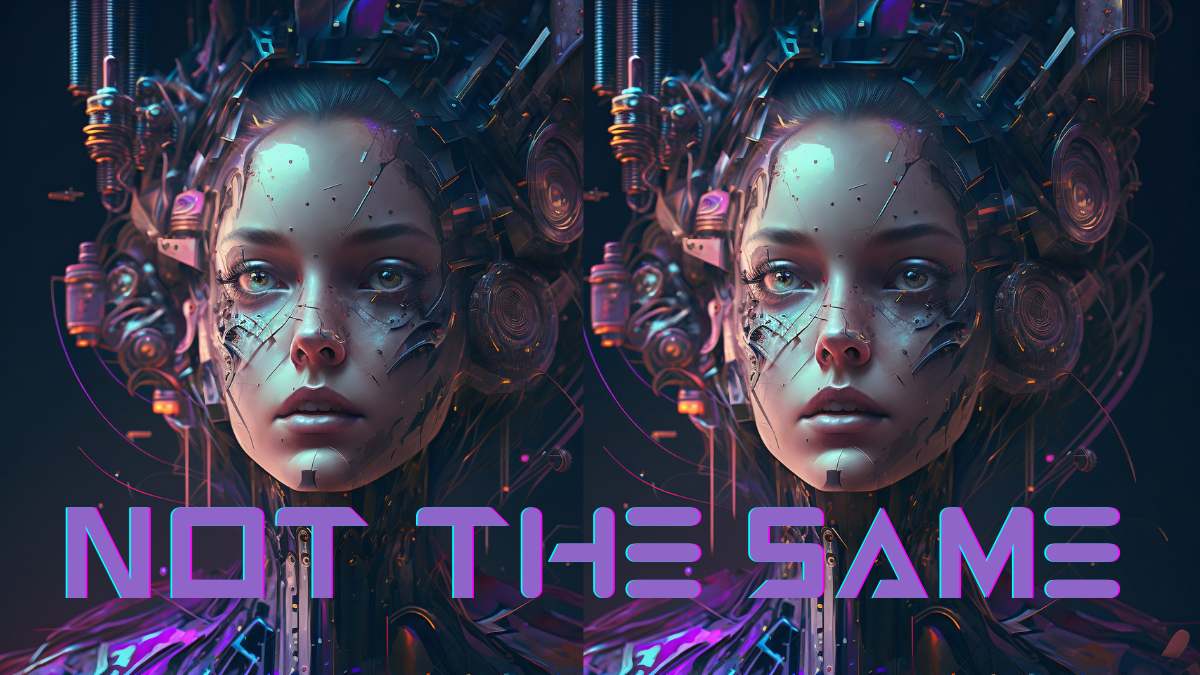What is the full form of GPT?
And how is Generative Pre-trained Transformer (of Chat GPT) different from General Purpose Technologies (GPTs)?
In the name ChatGPT, GPT stands for “Generative Pre-trained Transformer”. It refers to the neural network architecture used to train the language model. The GPT models are a family of language models that are pre-trained on large amounts of text data using unsupervised learning techniques, and can generate text that is coherent and contextually relevant.
Who created GPT?
The GPT models were developed by OpenAI, which is an artificial intelligence research laboratory consisting of a team of researchers and engineers dedicated to creating safe and beneficial AI. The GPT models were developed by a team of researchers at OpenAI, led by Alec Radford, along with Ilya Sutskever, and Samy Bengio. The first GPT model, GPT-1, was released in June 2018, followed by GPT-2 in February 2019, and GPT-3 in June 2020.
How is Generative Pre-trained Transformer (of Chat GPT) different from General Purpose Technologies (GPTs)?
Generative Pre-trained Transformer (GPT) and General Purpose Technologies (GPTs) are two different concepts that are not directly related.
Generative Pre-trained Transformer (GPT) is a specific type of neural network architecture that is used for natural language processing tasks, such as text generation, language translation, and language understanding. GPT models are pre-trained on large datasets using unsupervised learning techniques, and can then be fine-tuned on specific tasks with relatively small amounts of labeled data.
On the other hand, General Purpose Technologies (GPTs) refer to technologies that have the potential to significantly impact economic growth and productivity across a wide range of industries and applications. Examples of GPTs include the steam engine, electricity, the internet, and artificial intelligence. GPTs are characterized by their ability to enable new innovations and applications, and to create positive spillover effects that benefit multiple sectors of the economy.
So, while both GPT and GPTs involve the term “GPT,” they refer to different things – GPT is a neural network architecture for natural language processing, while GPTs refer to transformative technologies that have a broad impact on the economy and society.

